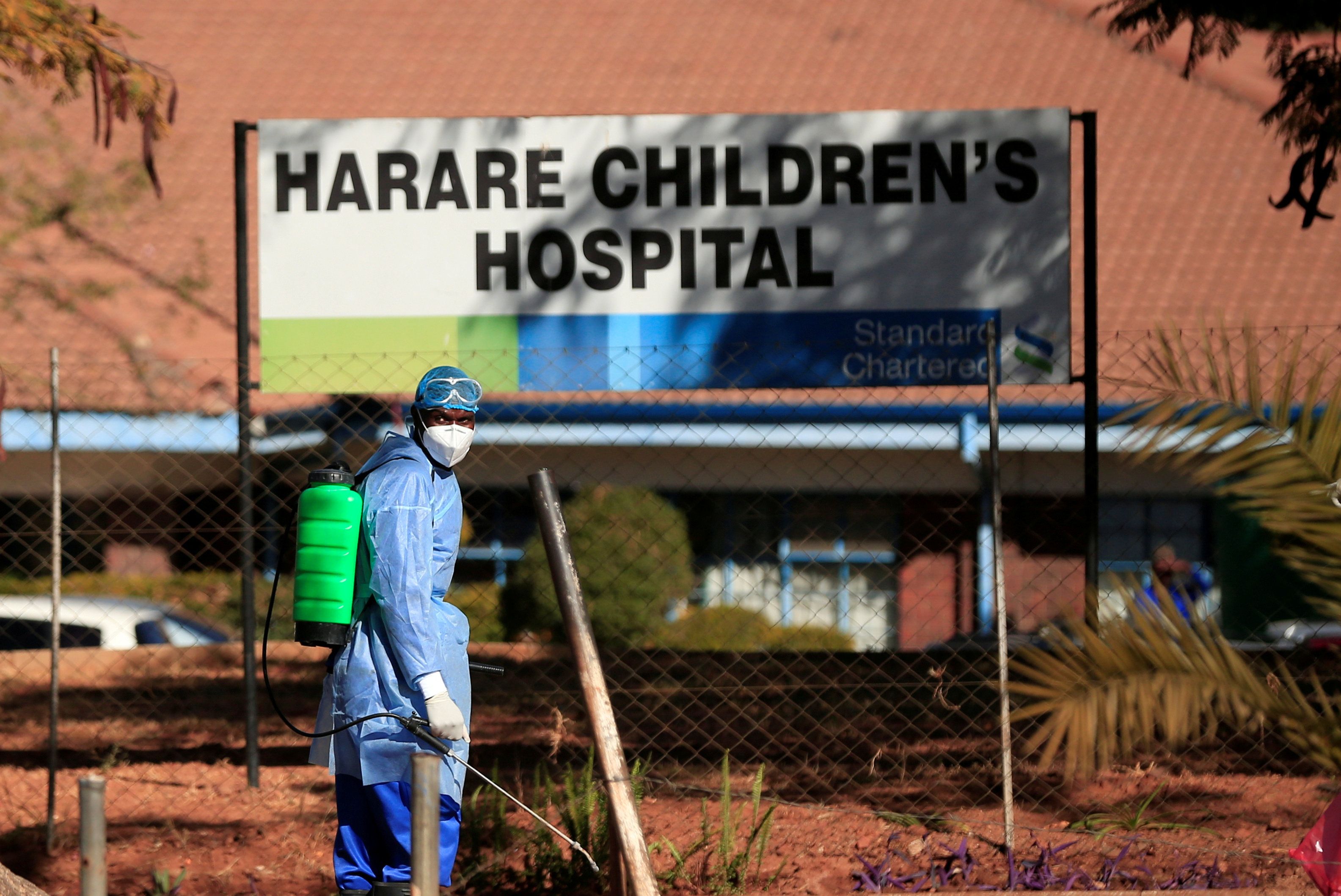Science & Tech
July 30, 2020
President feels the heat in Zimbabwe: Zimbabwe's security forces are clearing the streets of the capital, Harare, ahead of a planned anti-government protest on Friday, as the country reels from the worst economic crisis in a decade. Activists have called on Zimbabweans to take to the streets to demand the government do more to address rampant corruption and hyperinflation — which is precisely what President Emmerson Mnangagwa promised to do when he took over from longtime strongman Robert Mugabe after a 2017 coup. Since then, however, citizens have continued to see government officials accused of graft, while annual inflation has soared to over 737 percent. Salaries and pensions in local currency are now worth so little that nurses have gone on strike until they get paid in US dollars, causing a shortage that this week led to seven stillborn babies born in one night at a major hospital in Harare. To make matters worse, Mnangagwa's critics claim that the president and his allies are using coronavirus-related emergency powers to arrest countless dissidents among the over 100,000 people detained for violating lockdown rules since March.
Chinese "dark fleet" threatens Galápagos biodiversity: The Ecuadorian navy is closely monitoring a fleet of around 260 Chinese fishing vessels spotted near the Galápagos Islands, a UNESCO World Heritage site and scuba diver's paradise known for its unique marine biodiversity and for being where Charles Darwin developed his theory of evolution. In 2017, a Chinese fishing boat was intercepted in the same area with over 300 tonnes of protected species, including the Galapagos shark which is endemic to the islands. According to Quito, the Chinese fleet has been there for at least two weeks and is now getting very close to Ecuador's 200-nautical mile exclusive economic zone around the archipelago, and there is no word yet from Beijing. This is the latest example of the global reach of China's so-called "dark fleet" of fishing vessels operating far away from Chinese waters, which is often accused of depleting local fish stocks. Last week, a new report alleged that over 1,000 Chinese fishing vessels have been operating illegally for years in waters off North Korea, catching over $440 million in squid alone.
Can the US election be delayed? As new figures were released on Thursday revealing that the US economy contracted by 32.9 percent this past spring, the fastest dip on record, President Trump tweeted that the November election should be "delayed." The president, who has faced plummeting poll numbers in recent weeks, cited unsubstantiated claims about mail-in-ballots — ballots that are sent to people's homes and then either cast by mail or returned to polling stations in person— as necessitating a postponement. But the US election can only be delayed with GREAT difficulty. Consider the following: The date for Election Day is set by federal law, which requires Congressional approval to be changed. There is no chance that the Democrat-controlled House of Representatives would agree to this. (The courts would also then be forced to weigh in and things could get very messy.) Additionally, even if the election does not go forward as planned, the US Constitution explicitly states that a presidential term shall end on January 20. Figuring out who would step in to replace both President Trump and Vice President Pence would be complicated business (think Electoral College complicated). Bottom line: trying to delay the US election is an enormously complicated process over which the president has little control.
More For You
Most Popular
Think you know what's going on around the world? Here's your chance to prove it.
- YouTube
In this episode of GZERO Europe, Carl Bildt examines the implications of President Trump’s threats to take over Greenland and why they alarm Europe.
© 2025 GZERO Media. All Rights Reserved | A Eurasia Group media company.
